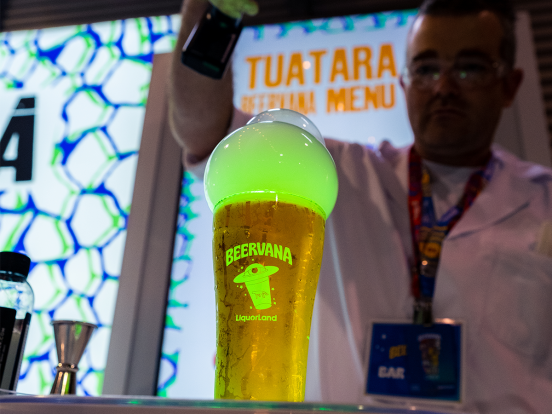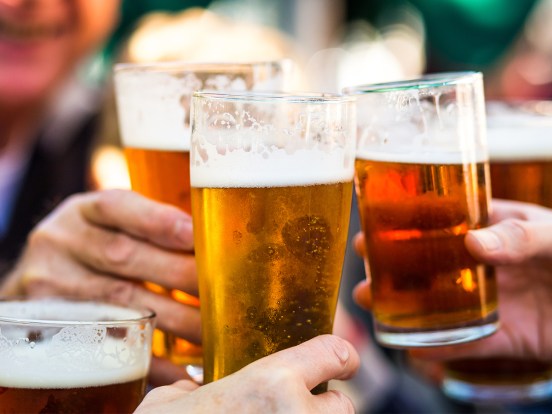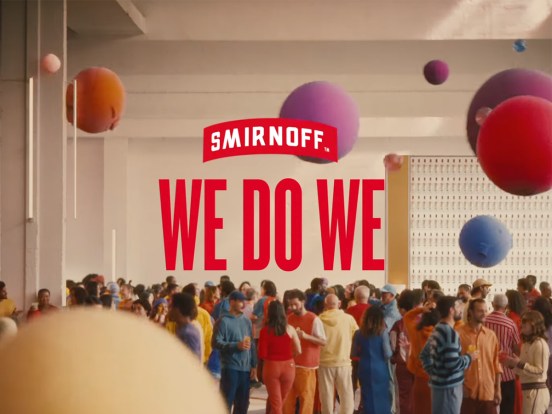Hospitality New Zealand, The Brewers Association of New Zealand, and Brewers Guild of New Zealand have expressed concerns over the government’s just released decision to increase alcohol excise tax by 4.1% from July 1, 2024.
The 2024 hike follows unprecedented increases of 6.92% in 2022 and 6.65% in 2023, amounting to a 17.7% rise in just three years. Alcohol excise revenue totalled $1.29b for the 2022/23 government financial year meaning this year’s increase would add $52.9m tax to businesses and consumers.
“The brewing industry is disappointed by these continued and unsustainable excise tax increases,” said Dylan Firth, Executive Director of the Brewers Association. “At a time when New Zealanders are grappling with a severe cost-of-living crisis, this move will undoubtedly harm local businesses and ultimately burden consumers further.”
While the alcohol excise tax, adjusted annually based on the Consumer Price Index (CPI) year ending March, has seen record increases over the last 3 years, it has not proven to increase the revenue as projected by the government. In the 2022/23 fiscal year, despite a 6.65% rate increase, the excise revenue was $1.29 billion ($443m from Brewing), $110 million lower than the forecasted $1.4 billion.
“It is deeply concerning that excise revenue fell short of projections, even after imposing a substantial rate hike,” Firth added. “This raises questions about the effectiveness of such measures in achieving their intended goals.”
Furthermore, the associations note that general inflation, coupled with the added burden of significant excise increases, has driven prices up for consumers. The Selected Price Index shows that alcohol inflation has outgrown general inflation.
The compounding effect of excise tax increases has had a significant impact on the cost of beer for consumers. The amount of excise tax paid on a 50-litre keg of 5% ABV beer has risen from $77.72 in 2021 to a projected $92.17 from July 1, 2024, representing approximately 32% of the price paid by hospitality venues[1]. When combined with GST, nearly half (47%) of the price of a keg of beer is now tax.
“This unprecedented run of high annual tax increases taxation not only burdens consumers but also undermines the viability of our local brewing and hospitality industries,” Firth remarked.
Melanie Kees, Executive Director of the Brewers Guild of NZ stated, “Collectively, we have asked for a temporary freeze on further excise increases, and capping the annual indexation rate to 2%, something the government can easily enact under the current regulatory regime. This allows the Government to strike a balance between generating revenue and supporting the growth and viability of the beer industry.
“Our associations seek to collaborate with the Government in crafting policies that foster a competitive and sustainable business environment while safeguarding the interests of consumers and the broader public.”
“The hospitality sector is a vital part of New Zealand’s economy and social fabric, and we welcome the Government’s recognition of its importance through the appointment of a dedicated Minister with responsibility for hospitality,” said Steve Armitage, Chief Executive of Hospitality New Zealand.
“However, we share the concerns raised by the Brewers Association and Brewers Guild regarding the impact of excessive excise tax increases on businesses in our industry, and consumers. Against a broader backdrop of increasing costs, and given the hikes of recent years, we need to ensure excise increases return to a sustainable level to ensure the future viability of the industry.”
Melanie Kees added, “The craft beer sector is poised for growth and recovery as visitor arrivals increase and consumer confidence improves with the government’s focus on economic recovery. We would welcome government support in developing brewing and hospitality tourism initiatives to showcase the unique offerings of our local breweries and hospitality establishments.”
The associations do, however, recognise a broader government focus on reducing inflation to ultimately ease the cost pressures on businesses, potentially leading to moderate future alcohol excise increases. Furthermore, they acknowledge the government’s clear signal of support for the hospitality sector through the appointment of a government Hospitality portfolio under Matt Doucey.
[1] Based on the retail trade price for a mid-range 5% abv beer.





